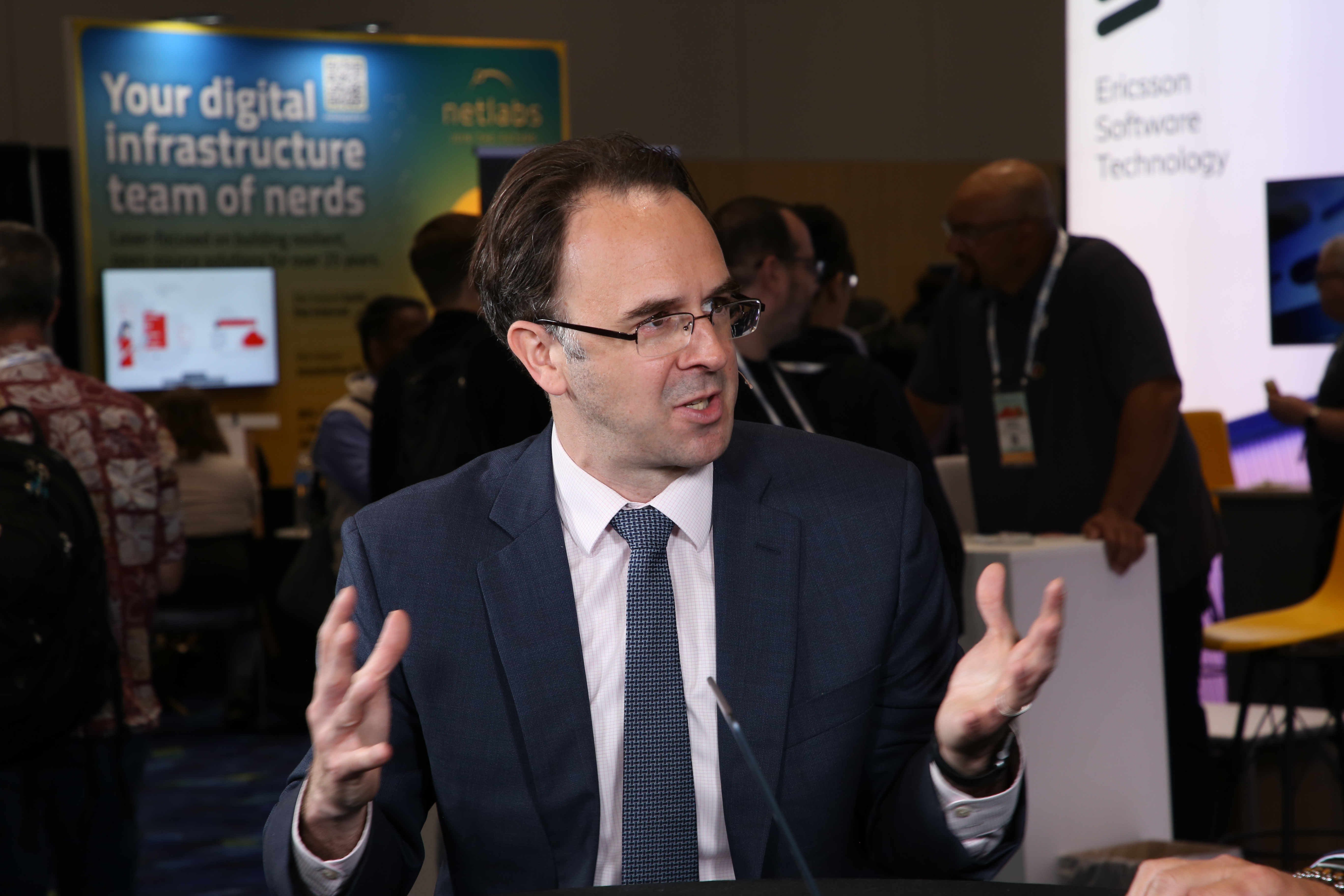Open source is shown to contribute $9 trillion in global value, according to new research from The Linux Foundation.
That number combined an estimate of time saved by not having to develop software covered by open source and the profits reaped by companies using open source in production, according to Frank Nagle (pictured), advising chief economist at The Linux Foundation. Now that AI is a part of the picture, the estimation process is changing.
The Linux Foundation’s Frank Nagle talks about the economics of open source.
“As we move more into trying to understand the value that open source AI is creating, we have to expand how we’re measuring and what we’re thinking about,” Nagle said. “That’s some of the work that we’re going to be doing at The Linux Foundation … trying to get more data on data itself, on the models, on how it’s being used and how companies are using it.”
Nagle spoke with theCUBE’s Paul Nashawaty at Open Source Summit North America, during an exclusive broadcast on theCUBE, News Media’s livestreaming studio. They discussed the economics of open source and AI. (* Disclosure below.)
Open source: You get out what you put in
Calculating the value of open-source AI is complicated because of the heavy investment in training up-front. And once in production, AI not only cuts down time on software development but actually changes the scope of people’s jobs, Nagle explained.
“That’s going to be one of the bigger shifts that we’re going to see,” he said. “It’s not just about making people faster, more efficient, and can we make the same thing more cost-effective, but it actually is going to change the way that people work and, as a result, the way that they think about the apps that they’re using, and the monetization schemes and everything else.”
With companies still trying to work out the kinks in AI results, agreeing on the guardrails around closed and open AI systems is critical. Nagle emphasized that in contributing to open source, you are actually increasing its economic value, for you and for future users.
“By contributing, you’re becoming part of the community, and you’re going to help potentially shift that open source project in a direction that’s beneficial for you,” he said. “With a small amount of investment, you can get more productive value out of using it. And some of the research that I’ve done in the past shows that companies that give back to open source, in any domain, can get as much as two times the amount of productivity out of using open source, as those who just use it, but don’t actually contribute back to it.”
Here’s the complete video interview, part of News’s and theCUBE’s coverage of Open Source Summit:
(* Disclosure: The Linux Foundation sponsored this segment of theCUBE. Neither Linux nor other sponsors have editorial control over content on theCUBE or News.)
Photo: News
Support our open free content by sharing and engaging with our content and community.
Join theCUBE Alumni Trust Network
Where Technology Leaders Connect, Share Intelligence & Create Opportunities
11.4k+
CUBE Alumni Network
C-level and Technical
Domain Experts
Connect with 11,413+ industry leaders from our network of tech and business leaders forming a unique trusted network effect.
News Media is a recognized leader in digital media innovation serving innovative audiences and brands, bringing together cutting-edge technology, influential content, strategic insights and real-time audience engagement. As the parent company of News, theCUBE Network, theCUBE Research, CUBE365, theCUBE AI and theCUBE SuperStudios — such as those established in Silicon Valley and the New York Stock Exchange (NYSE) — News Media operates at the intersection of media, technology, and AI. .
Founded by tech visionaries John Furrier and Dave Vellante, News Media has built a powerful ecosystem of industry-leading digital media brands, with a reach of 15+ million elite tech professionals. The company’s new, proprietary theCUBE AI Video cloud is breaking ground in audience interaction, leveraging theCUBEai.com neural network to help technology companies make data-driven decisions and stay at the forefront of industry conversations.









